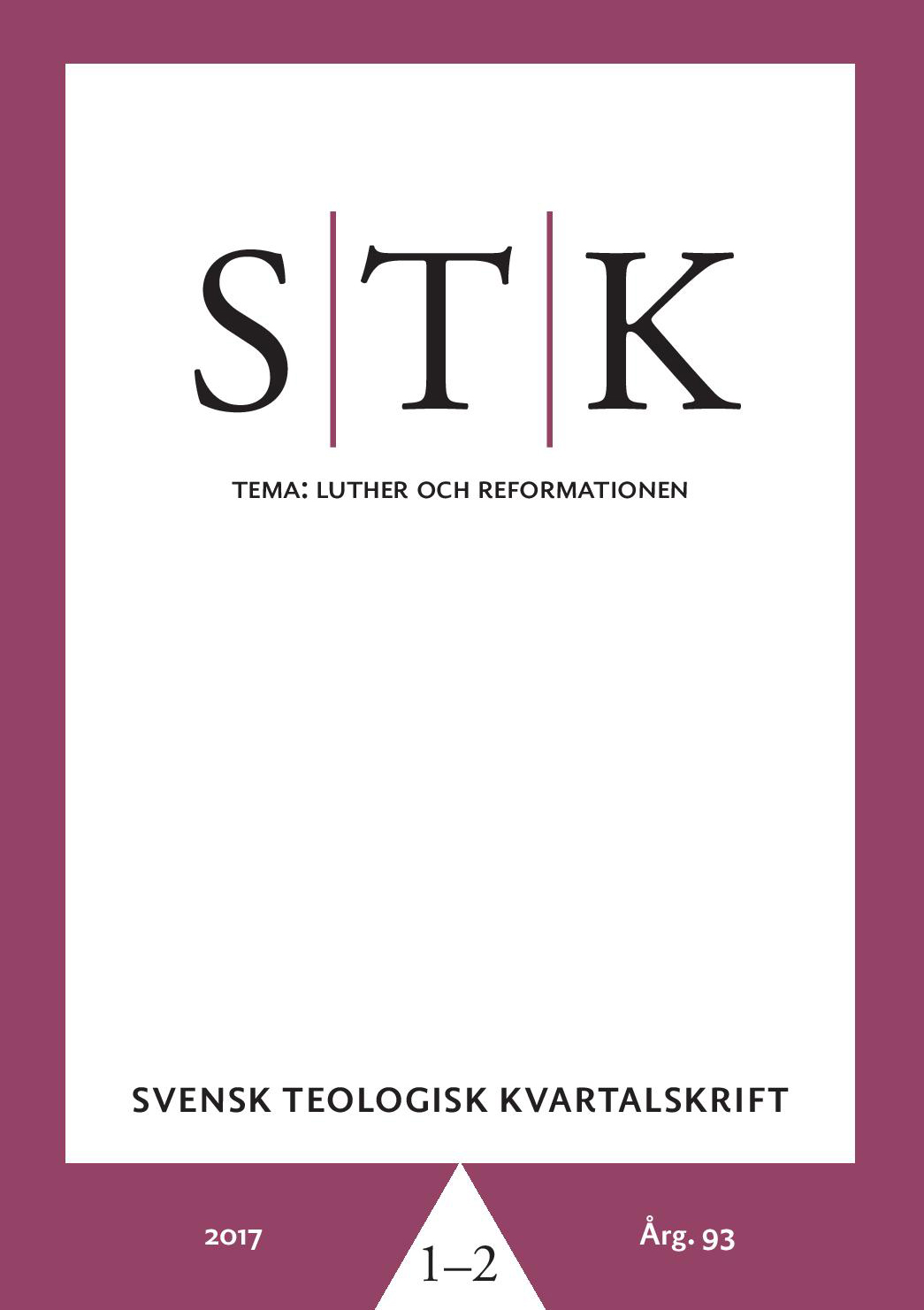Bildning och reformationen
Abstract
The term Bildung did not exist in the Reformation era. Rather, one spoke of "the Learned World." Coming up in the Renaissance, the Reformation was influenced by humanism and its prominent figures Johann Reuchlin and Erasmus of Rotterdam and their interest in the classical heritage with Latin as the scholarly lingua franca. Both Luther and Melanchthon attached themselves directly to that tradition and Luther also included the music, both vocally and instrumentally. Schools and universities became important tools for implementing education and higher learning. The Reformers inherited the classical scholarly ideals from the Platonic Academy, the learned schools, the Arabic/Muslim tradition of science, and the new universities from the twelfth century onward. Even if the sons of Gustav I received solid scholarly training, education was not a prominent feature of the Swedish Reformation. Schools had a decreasing number of pupils and teaching at Uppsala University was discontinued around 1530 and was not taken up again until 1595 after a number of unsuccessful attempts. In Denmark, however, the Reformation was tied to educational progress. The Reformation was not innovative with regard to the idea of what learning and education implied. It was built on the scholarly ideals of the Renaissance with its demands of extensive and broad knowledge within different fields, openness for change and progress, and willingness to discuss and respect other people's views and opinions.
Downloads
Publicerad
Nummer
Sektion
Licens
Copyright (c) 2018 Carl-Gustaf Andrén

Detta verk är licensierat under en Creative Commons Erkännande-Ickekommersiell-IngaBearbetningar 4.0 Internationell-licens.


